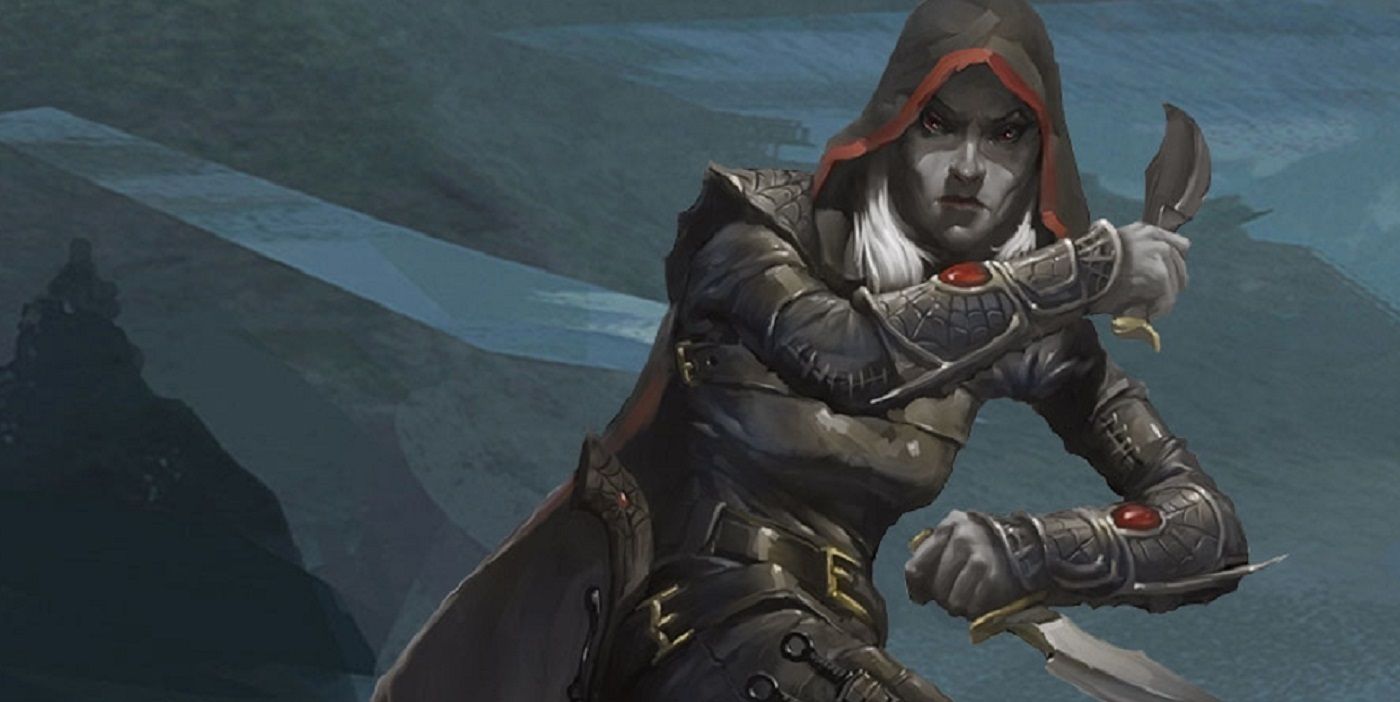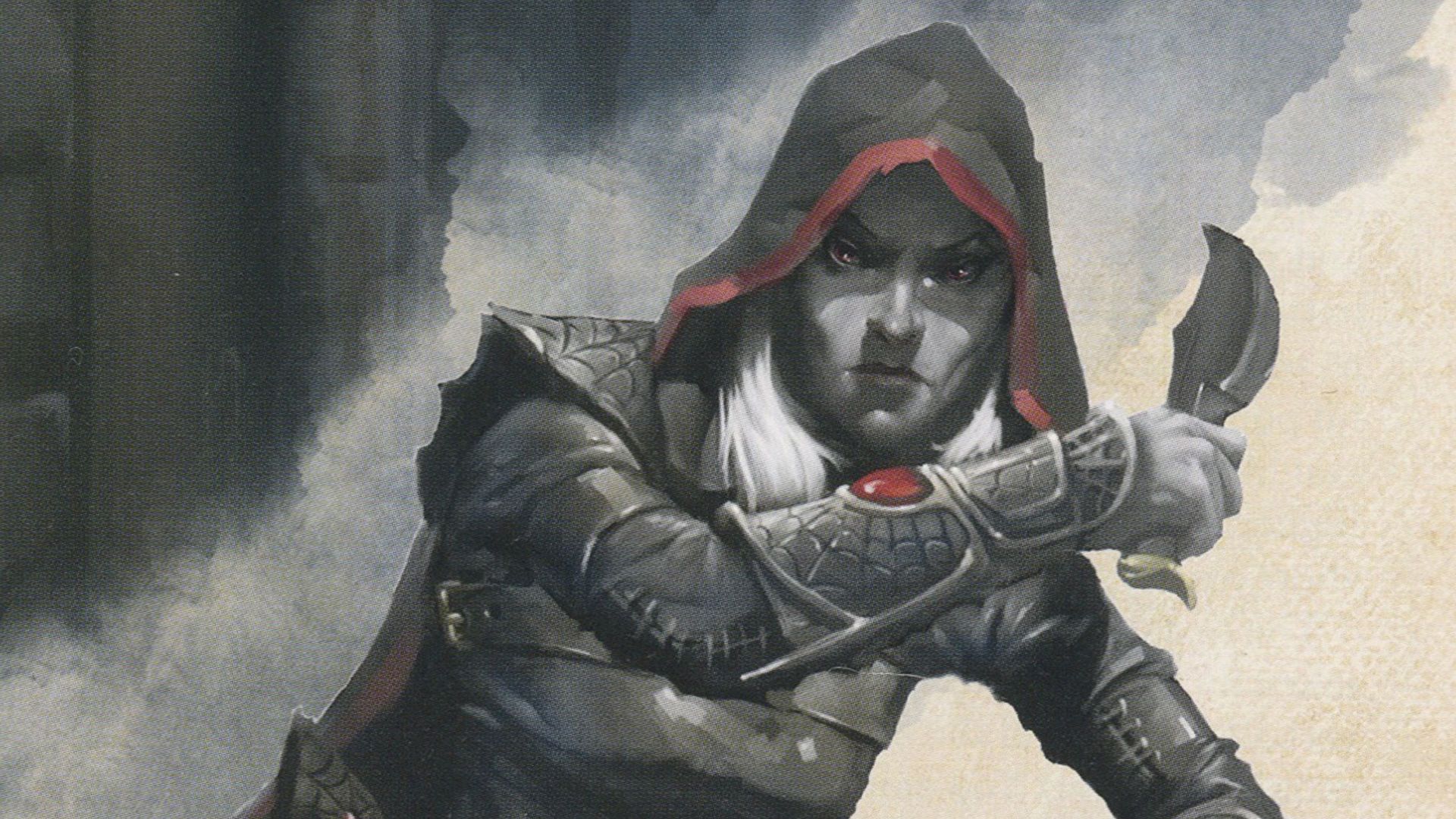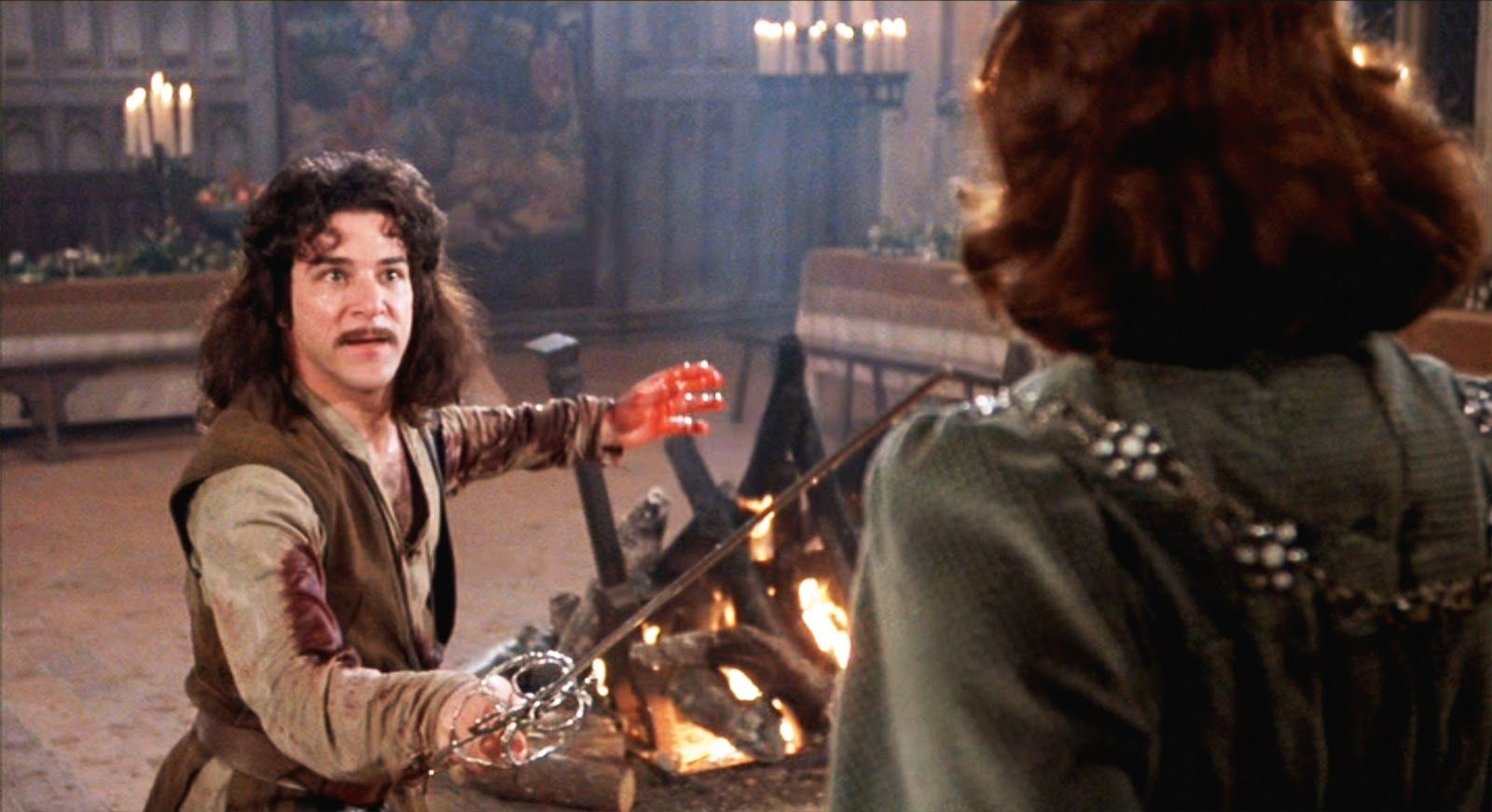One of the best parts of Dungeons and Dragons is character creation. Players get access to a wide range of options for how they want to design their character. There are twelve different classes to choose from, all of which allow flexibility to be interpreted in a variety of different ways. But understanding the different classes can be daunting at first. They all have different qualities and some are easy to confuse. It can be easy for a new player to mix up wizard, warlock and paladin; cleric and paladin; druid and ranger; or fighter and barbarian. Few classes are quite as unique, and yet so varied as the rogue.
Rogues are one of the most flexible and versatile classes in the game, lending themselves to a variety of different roles. There is no right or wrong way to play a rogue, since their skills lend themselves to a variety of gameplay styles, limited only by the ingenuity of the player. It also leaves lots of room for creative freedom when it comes to personality and motivations. While subclasses exist that specialize in particular gameplay styles, players are also free to come up with their own ways of using the rogue.
What Makes a Rogue
Rogues are built for strategic thinking and precision. With a little bit of ingenuity, they can offer some valuable skills to the party. A clever rogue can get into places the rest of the party cannot, silently get rid of enemies, create distractions, steal valuable items undetected, and take advantage of an enemy's weakness. It does come with the downside that rogues are less effective in combat, having significantly lower HP and disadvantage against aware enemies, in contrast to a more combat-oriented class like the barbarian. They are not great choices for players interested in fighting large groups of enemies head-on. A good rogue instead looks for less obvious paths. If they get into combat it is with isolated targets, rather than groups, and they try to strike as precisely as possible.
Gameplay
Rogues are best suited for players who like to rely on intelligence over force. What they lack in might they make up for with cunning. While a barbarian or fighter may try to maximize damage on each hit, a rogue is most effective when she can cripple an enemy in one precise strike. When used right, rogues can perform a variety of tasks. A good thief or assassin can get to her target without initiating combat- not being detected until it is too late. And if she is spotted, she also knows more than a few ways to evade capture.
This does have the downside that rogues are at a disadvantage in combat, but what a rogue lacks in force she makes up for with precision. While she may not be able to act as a tank like a barbarian, a good rogue can still deal very high damage when played right. Their "sneak attack" ability allows extra damage to be inflicted on unaware targets. They also have "cunning action"- a bonus turn during combat that gives the rogue an opportunity to disengage and run or hide from an enemy, which is handy if an opponent proves tougher than expected and you need to get away fast.
One of the biggest advantages of playing a rogue is their versatility. Want some Assassin's Creed-style parkour? We can do that. More of a Dishonored fan and want to use magic to aid your stealth? There is literally a subclass for that. Want to be a professional Ocean's Elven-style heister? For sure. Want to be a master of disguise? Why not? Prefer the idea of being a professional duelist and engaging in some epic swordfights? We have that covered too. You have an idea for something else to try? Of course, give it a shot!
Sub Classes
The basic rogue has three main subclasses that can be chosen at higher levels. Two of them are self-explanatory- thief and assassin. The third- Arkane Trickster- allows the player to enhance their skills with magic. Arkane Tricksters are great for players interested in combining parkour with special powers Dishonored-style. Going beyond the players' handbook, there is also a "swashbuckler" subclass great for anyone looking to be a duelist in the vein of Errol Flynn or Douglas Fairbanks. Swashbucklers are good for players who prefer fencing one-on-one instead of taking on whole armies.
Examples of Rogues:
Assassin
- Ezio Auditore- Assassin's Creed series- specializes in using a variety of tools to take down his enemies through a series of carefully timed assassinations.
- Aya/Amunet- Assassin's Creed: Origins- Founded an entire order of assassins whose creed explicitly outlines that they strike from the shadows.
- Arya Stark- Game of Thrones: Trains to be an assassin and uses her skills to get back at the people who killed her family. She also adds an unusual touch to her infiltration skills with a talent for disguise.
Thief
- Melie- A Plague Tale: Innocence- Survivor driven to a life of a thief by a difficult childhood who has to rely on stealth to get around significantly more powerful opponents.
- Kasumi Goto- Mass Effect 2- An expert thief with a reputation for being very hard to track and just as good at getting into places as she is at disappearing after
- Jyn Erso- Rogue One: A Star Wars Story: Reformed criminal who led a dangerous heist to obtain the Death Star plans.
Arcane Trickster
- Corvo Attano- Dishonored: Relies mainly on stealth but also has powers that can help him move undetected.
Swashbuckler
- Inigo Montoya- The Princess Bride: Spent his whole life perfecting his fencing skills to get revenge against the six-fingered man who killed his father
- Jack Sparrow- Pirates of the Caribbean: Talented swordsman and renegade who engages in more than a few duels over the course of the films.
- Most characters played by Errol Flynn
- Zorro- Various
Building a Rogue
Like many other classes, a good starting point in building a rogue is thinking about their motivations and why they act as they do. What has motivated them to engage in a life of stealth and deception?
Even going on the basic archetypes there are a variety of options. You may want to think about your character's values and motivations when engaging in rogue behavior. Is she the type to favor evading, distracting, or incapacitating guards over killing them? Does she have rules about what she steals or who she kills? Is she acting for profit or does she have a more personal incentive?
A good-aligned assassin might be acting as a vigilante, attempting to help others by eliminating people who threaten the innocent. Perhaps she has been wronged in the past by greed and corruption and views the life of an assassin as the only way to see justice prevail. A neutral-aligned assassin might be more open to ethically dubious contracts but have a point where she draws the line. Perhaps she's willing to kill for the right price but makes a point of not harming children, or she is willing to take matters into her own hands when a client double-crosses her. An evil-aligned assassin may have absolutely no moral qualms about killing and take any contract indiscriminately. Perhaps she even enjoys killing, or she knows her employer is corrupt and ruthless but has no concern as long as the money keeps coming in.
A good-aligned thief may prefer to steal from greedy businessmen or rich nobles to help the poor. Perhaps she has been on the receiving end of unfair taxes or had something of hers seized by a corrupt noble and strives to help others in the same position. A neutral-aligned thief may be more interested in profits but willing to give to the poor if she knows it will cause problems for her double-crossing employer. An evil-aligned thief might be a despicable con artist who shamelessly scams peasants out of what little money they have, exploiting their ignorance and seeing them as easily gullible, and finding "accidents" for anyone who knows too much.
These questions are also easier to answer if you have a good backstory that explains what circumstances led your character to become who she is now. For instance, one idea might be that your character was wronged by someone and became an assassin in pursuit of revenge. Maybe the reason your slimy con artist has no trouble mugging the poor is because he grew up in poverty and thinks there is no point helping a world that never helped him. Or your thief was living in a world where stealing was the only way to survive, so she had to get really good at it. Your cold-blooded hitman could have been consumed by rage over something from his past, which he now projects onto his victims. Like other classes in Dungeons and Dragons, a good backstory for your rogue is essential- not only does it help you better understand your character, but it also helps other players relate to them.




